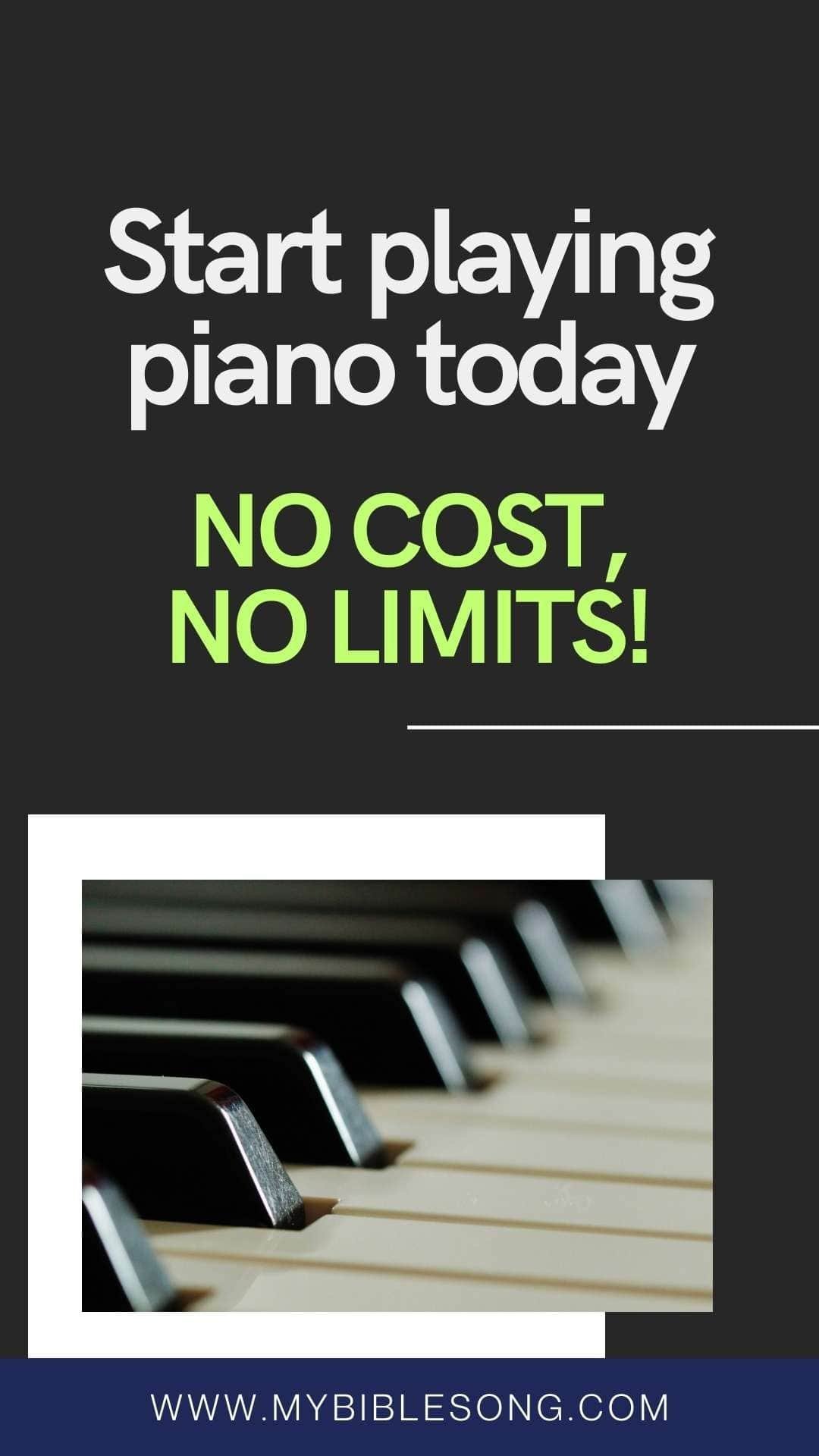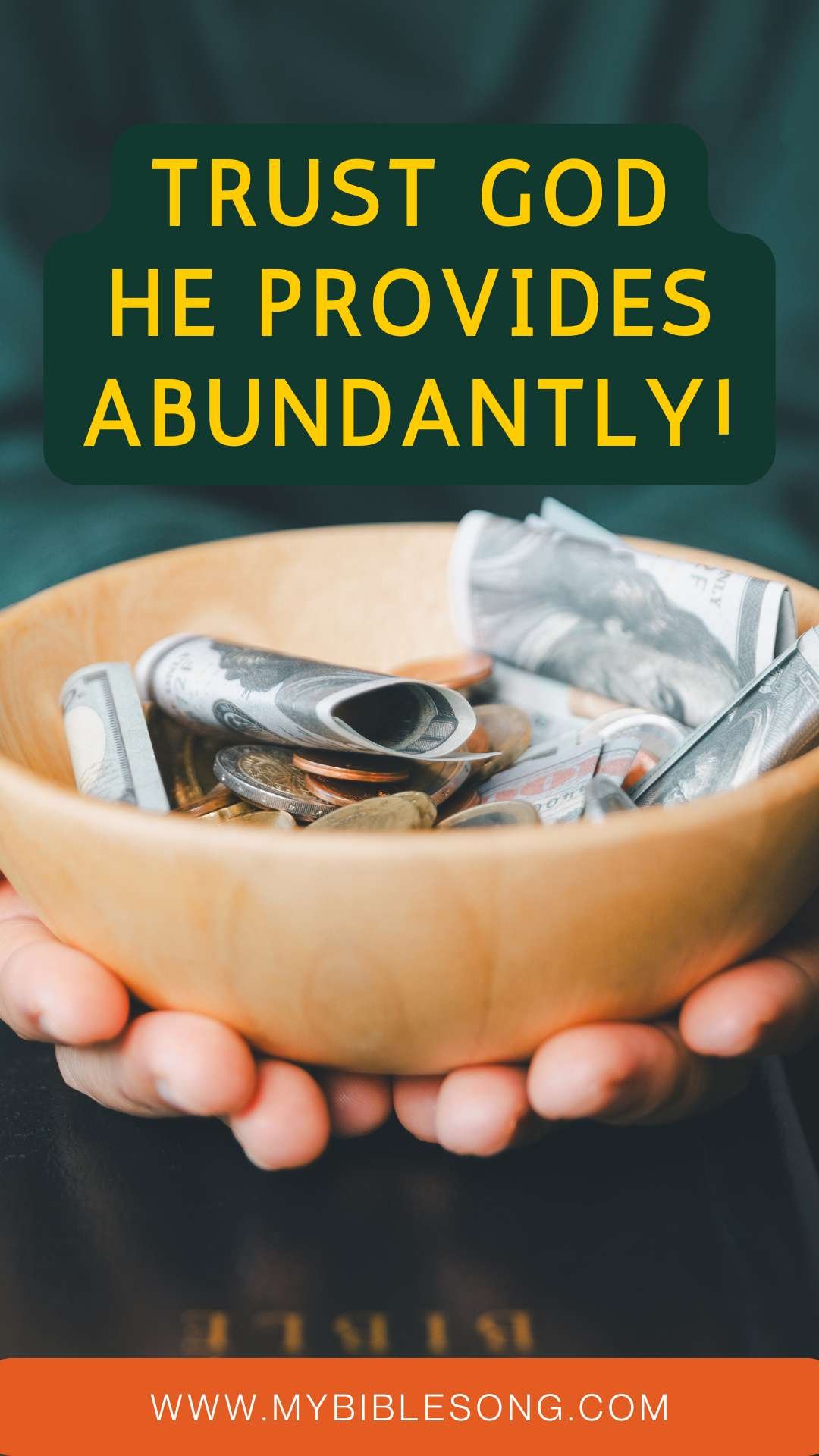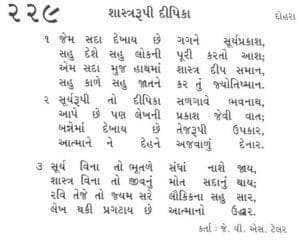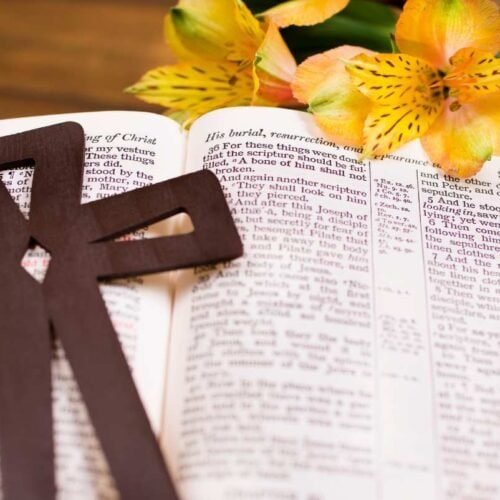
11 Jul Mastering Piano Chords Online: Your Ultimate Guide to Practice Anytime, Anywhere!
Table of Contents
Mastering Piano Chords Online
Mastering piano chords online is a great way to learn how to play music on your own. You don’t need a fancy piano or a classroom. With just your phone, tablet, or computer, you can start learning chords today! Chords help you play songs faster, sound better, and understand how music works. You can learn them step-by-step at your own speed from home.
In this article, you’ll learn why piano chords are important, the different types of chords like major and minor, and the best websites and apps to use. We’ll show you easy ways to practice chords and how to add them to your songs.
You’ll also find common mistakes to avoid, tips to stay motivated, and how technology makes learning easier. Whether you’re a beginner or coming back to the piano, this guide will help you build a strong music foundation.
Why Learning Piano Chords Is Important
1. Chords Make Songs Sound Full
Chords are like building blocks in songs. They give the music shape and power.
2. You Can Play Songs Faster
Once you learn a few chords, you can play many songs with just those chords.
3. Chords Help You Understand Music
You’ll start to see how songs are made and why certain notes sound good together.
4. Great for Singing and Playing
If you like to sing while you play piano, chords are your best friend!
5. Used in All Styles
Whether you love pop, worship, jazz, or classical, chords are everywhere.
“Sing to him a new song; play skillfully, and shout for joy.” – Psalm 33:3 (NIV)
Types of Piano Chords: Major, Minor, and Beyond
1. Major Chords – Happy Sounding
Major chords sound bright and cheerful. Example: C major = C + E + G.
2. Minor Chords – Sad or Soft Sounding
Minor chords sound more gentle or sad. Example: A minor = A + C + E.
3. Seventh Chords
These chords add extra flavor. They’re used in jazz, blues, and gospel music.
4. Suspended Chords (Sus Chords)
These chords sound dreamy or open. Great for worship and soft music.
5. Inverted Chords
Play the same notes in a different order. Makes songs smoother and easier to play.
Best Online Resources for Learning Piano Chords
1. YouTube Channels
- Piano Lessons on the Web
- Pianote
- Zach Evans – Become a Piano Superhuman
These channels show videos on chord basics and how to use them in songs.
2. Apps
- Simply Piano
- Yousician
- Chordify
These apps give instant feedback as you play.
Websites
- MusicTheory.net – Teaches music theory in fun ways.
- Pianu.com – Learn chords through interactive songs.
- 8Notes.com – Find easy sheet music with chord names.
4. Printable PDFs
Search for “piano chord chart PDF” to print free guides.
“Whatever you do, do it all for the glory of God.” – 1 Corinthians 10:31 (NIV)
Effective Techniques for Practicing Piano Chords
1. Practice 5–10 Minutes Daily
Start small. Focus on one or two chords each day.
2. Use a Chord Chart
Keep a chart nearby and look at it often.
3. Play Songs with Simple Chords
Start with 3-chord songs like “Amazing Grace” or “Let It Be.”
4. Say the Notes Out Loud
For example, when playing C major, say “C, E, G” as you press each key.
5. Use a Metronome
Play your chords in time using a slow beat. It helps with rhythm.
6. Switch Between Chords
Try changing between two chords smoothly: C to G, A minor to E, etc.
How to Incorporate Chords into Your Playing
1. Start with the Left Hand
Play the chord with your left hand while your right hand plays the melody.
2. Try Simple Patterns
Play the full chord once per beat or use broken chords (play one note at a time).
3. Play and Sing
Play chords while you sing a song. Start slowly and pick songs you know.
4. Write Your Own Song
Try creating a tune using 3–4 chords. You don’t need to be perfect—just be creative.
5. Join Worship Teams or School Groups
Using chords in live music is a fun way to grow.
Common Mistakes to Avoid When Learning Chords
1. Trying Too Many at Once
Start with 3–5 chords and master them before adding more.
2. Not Using the Right Fingers
Use finger numbers (1 = thumb, 5 = pinky) for better control.
3. Not Practicing Slowly
Fast doesn’t mean better. Play slow and strong.
4. Forgetting to Warm Up
Always warm up your hands and fingers. Try scales or easy songs first.
5. Giving Up Too Soon
Learning takes time. Celebrate small wins and keep going!
“Do not despise these small beginnings.” – Zechariah 4:10 (NIV)
The Role of Technology in Piano Chord Mastery
1. Interactive Apps and Games
Apps give real-time feedback, show finger positions, and make learning fun.
2. Online Courses and Virtual Teachers
Sites like Flowkey, Pianote, or Playground Sessions act like teachers in your home.
3. AI Tools
Some apps hear you playing and guide you to correct mistakes.
4. Backing Tracks and Loop Apps
Practice chords along with real band sounds to get used to rhythm.
5. Virtual Keyboards
No piano? No problem! Use virtual keyboards online to practice.
Tips for Staying Motivated in Your Piano Practice
1. Set Tiny Goals
Learn one chord each week or play one song per month.
2. Use a Practice Journal
Write down what you did each day and what you’ll do next.
3. Celebrate Wins
Record yourself when you learn a song and share it with family or friends.
4. Join Online Communities
Facebook groups or YouTube channels offer support and fun ideas.
5. Play Songs You Love
Music is more fun when you play what you enjoy!
FAQs About Mastering Piano Chords Online
What are piano chords, and why should I learn them?
Chords are groups of notes played together. Learning them helps you play songs quickly and understand music better.
Can I really learn chords online without a teacher?
Yes! Many people learn chords through online coaching, apps, and websites. You just need time and practice.
How many chords do I need to know to play songs?
Start with 4 main chords: C, G, A minor, and F. These can help you play many simple songs.
How long does it take to master piano chords?
With daily practice, you can learn the basics in 2–4 weeks. Full mastery takes time, but gets easier every day.
What’s the best app for learning piano chords?
Apps like Simply Piano, Yousician, and Chordify are great for beginners.
Is it okay to practice on a digital keyboard or online piano?
Yes! Digital pianos, keyboards, and virtual pianos work well for learning and practicing chords.
What if my hands feel tired while practicing chords?
Take breaks, stretch your fingers, and don’t push too hard. Your hands will get stronger with time.
Key Takeaway:
In the morning, Lord, you hear my voice; in the morning I lay my requests before you and wait expectantly. Psalm 5:3
In Conclusion, Your Journey to Mastering Piano Chords. Mastering piano chords online is one of the easiest and most fun ways to start playing real music. With just a few chords, you can play hundreds of songs, build confidence, and even write your own music.
Thanks to online tools, videos, and apps, learning is now easier than ever—even from your living room.
Start slow, practice every day, and never give up. Music is a gift from God, and your voice through the piano is something special.
Keep growing, keep smiling, and keep playing! 🎹


















No Comments